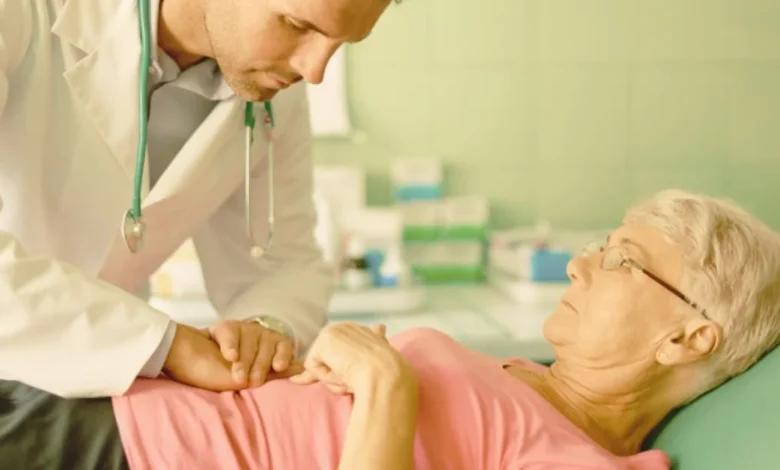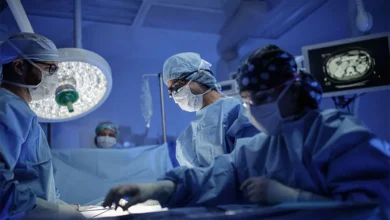Gastroenterology Procedures: What to Expect During a Colonoscopy

If you have been referred to a gastroenterologist for a colonoscopy, it is important to know what to expect during the procedure. Colonoscopy is a common diagnostic procedure used to examine the colon and rectum for signs of inflammation, polyps, or cancer. At katy endoscopy, we perform colonoscopies regularly to identify and treat any potential health issues that could impact your overall health.
Before the Procedure
Before your colonoscopy, your doctor will give you detailed instructions on how to prepare for the procedure. This may include changes to your diet, fasting, and cleansing your colon using laxatives or enemas. It is essential to follow your doctor’s instructions carefully, as this will ensure that your bowel is empty, and the doctor can clearly see your colon during the procedure.
During the Procedure
During the colonoscopy, you will lie on your side, and the doctor will insert a thin, flexible tube called a colonoscope into your rectum. The colonoscope has a small video camera mounted on its tip, which allows the doctor to examine the lining of your colon and rectum for signs of inflammation, bleeding, or abnormal growth.
As the colonoscope is passed through your colon, air will be pumped in to help the doctor see more clearly. You may experience some discomfort or pressure as the air expands your colon and helps the doctor move the colonoscope through the twists and turns of your colon. However, most people do not feel any pain during the procedure, and it typically takes around 30-60 minutes to complete.
After the Procedure
After the colonoscopy, you may feel some cramping or bloating, and you may pass gas as the air is released from your colon. You will need someone to drive you home after the procedure, and you should plan to rest for the remainder of the day. Your doctor will give you instructions on what to eat and drink after the procedure, and you should avoid strenuous exercise for a few days to allow your body to recover.
The doctor will review the results of your colonoscopy with you and discuss any findings. If any abnormal growths or polyps are found, the doctor may remove them during the procedure or take a biopsy to further examine the tissue. Most biopsies are not cancerous, but it is essential to have them analyzed to be sure.
Conclusion
Colonoscopy is a safe and effective procedure used to diagnose and treat a variety of gastrointestinal conditions. If you are scheduled for a colonoscopy, it is important to follow your doctor’s instructions carefully and prepare thoroughly for the procedure. During the procedure, you may experience some discomfort, but it should not be painful. After the procedure, plan to rest and follow your doctor’s instructions for a quick and full recovery. If you have any questions or concerns, be sure to discuss them with your doctor before the procedure.




